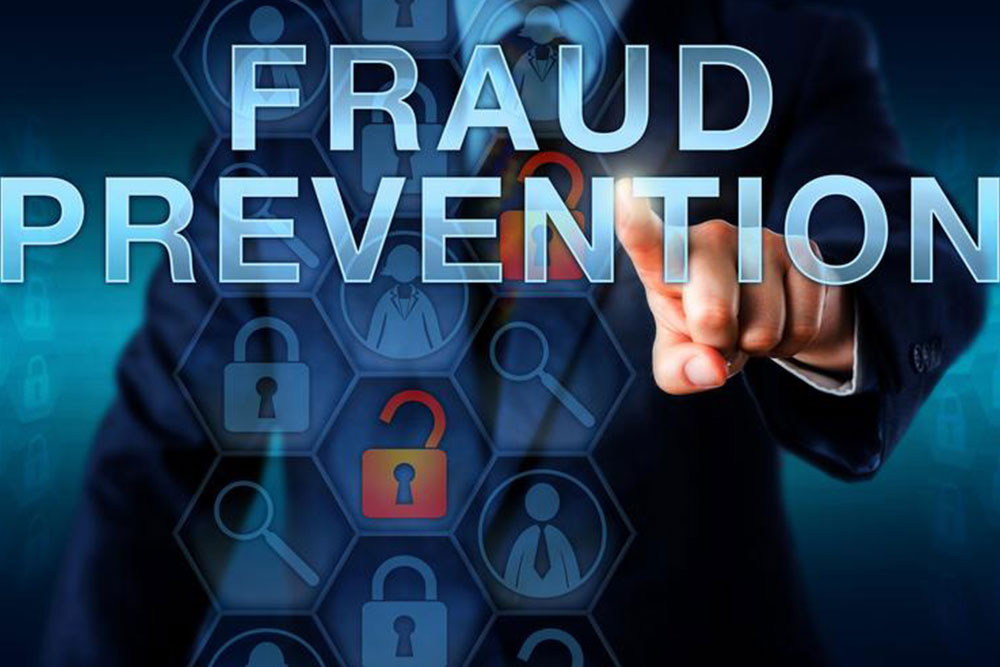Effective Strategies to Confirm a Charity’s Authenticity
Learn how to verify the legitimacy of charitable organizations with practical tips and online resources. This guide highlights red flags to watch for, precautions to take before donating, and trusted platforms for charity evaluation, ensuring your contributions support genuine causes and make a meaningful impact.
Sponsored

Indicators of Potential Charity Fraud
Today, charities utilize various communication platforms such as phone calls, emails, texts, and social media to reach supporters. However, certain warning signs can help identify illegitimate entities:
Red flags include:
Reluctance to provide detailed information about their mission, leadership, or financial breakdowns.
Lack of documentation showing tax benefits for donors.
Names that closely mimic well-known charities to mislead.
Urgent fundraising tactics that pressure donors to act swiftly.
Offering prizes or sweepstakes in exchange for donations.
Requests for sensitive financial data like bank account or credit card details.
Precautions to Take Before Donating
To ensure your donations support legitimate causes, consider these safety steps:
Obtain contact details such as addresses, phone numbers, websites, social media links, and references.
Research the organization online, paying attention to reviews or reports mentioning scams or frauds.
Contact the charity directly to inquire about their programs and fundraising methods.
Verify if the organization is registered with the National Association of State Charity Officials.
Confirm that your donations are tax-deductible and properly documented.
Fortunately, online tools are available to help verify charity legitimacy. These platforms provide insights into how funds are allocated and spent. Recommended sites include:
GuideStar
The Wise Giving Alliance
Charity Navigator
Charity Watch






